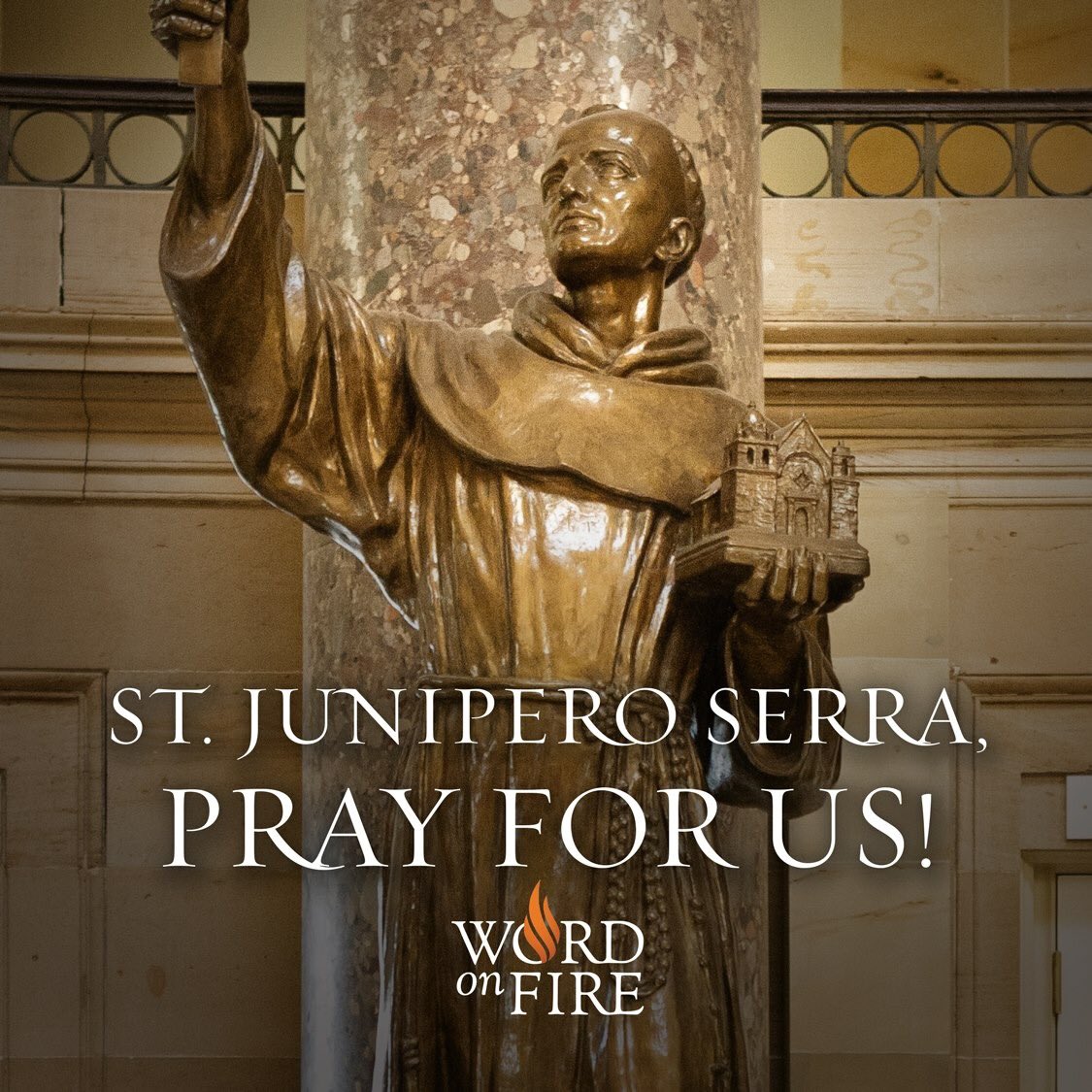1.
Altar front from Ushaw College of St Thomas kneeling before the Risen Christ: may we share his faith
https://t.co/US9aaw95Ho
— Fr Lawrence Lew OP (@LawrenceOP) July 3, 2015
2.
The highest confession of #faith in the #Gospels comes from the lips of “doubting #Thomas”, whose feast it is today: https://t.co/f6pnp8Eir4
— Thinking Faith (@ThinkingFaith) July 3, 2015
The Apostle Thomas’ case is important to us for at least three reasons: first, because it comforts us in our insecurity; second, because it shows us that every doubt can lead to an outcome brighter than any uncertainty; and, lastly, because the words that Jesus addressed to him remind us of the true meaning of mature faith and encourage us to persevere, despite the difficulty, along our journey of adhesion to him.
4.
Praying for all tweeps on the feast of St Thomas the Apostle, esp the Christians of India and minorities everywhere. #prayer
— Sr CatherineWybourne (@Digitalnun) July 3, 2015
5.
St. Gregory the Great from the Liturgy of the Hours today:
Do you really believe that it was by chance that this chosen disciple was absent, then came and heard, heard and doubted, doubted and touched, touched and believed? It was not by chance but in God’s providence. In a marvelous way God’s mercy arranged that the disbelieving disciple, in touching the wounds of his master’s body, should heal our wounds of disbelief. The disbelief of Thomas has done more for our faith than the faith of the other disciples. As he touches Christ and is won over to belief, every doubt is cast aside and our faith is strengthened. So the disciple who doubted, then felt Christ’s wounds, becomes a witness to the reality of the resurrection.
Touching Christ, he cried out: My Lord and my God. Jesus said to him: Because you have seen me, Thomas, you have believed. Paul said: Faith is the guarantee of things hoped for, the evidence of things unseen. It is clear, then, that faith is the proof of what can not be seen. What is seen gives knowledge, not faith. When Thomas saw and touched, why was he told: You have believed because you have seen me? Because what he saw and what he believed were different things. God cannot be seen by mortal man. Thomas saw a human being, whom he acknowledged to be God, and said: My Lord and my God. Seeing, he believed; looking at one who was true man, he cried out that this was God, the God he could not see.
What follows is reason for great joy: Blessed are those who have not seen and have believed. There is here a particular reference to ourselves; we hold in our hearts one we have not seen in the flesh. We are included in these words, but only if we follow up our faith with good works. The true believer practices what he believes. But of those who pay only lip service to faith, Paul has this to say: They profess to know God, but they deny him in their works. Therefore James says: Faith without works is dead.
6.
An artistic concept, for our reflection on this #HappyFeast of St. Thomas the Apostle, the Apostle of #India
#Faith pic.twitter.com/NivUuC8HlZ
— Fr. Franklin Joseph (@Frfranklin) July 3, 2015
7. From Pope Pius XII’s encyclical on the Sacred Heart:
is there not contained in those words “My Lord and My God”(96) which St. Thomas the Apostle uttered, and which showed he had been changed from an unbeliever into a faithful follower, a profession of faith, adoration and love, mounting up from the wounded human nature of his Lord to the majesty of the divine Person?
8. Fr Raphael Moss, O.P. in Magnificat today:
Our faith is given to us to pierce the darkness of the supernatural world and manifest what otherwise would be hidden from us. It is the evidence of things that appear not (He 11:1), a mighty power which only God can give, enabling the soul to hear the voice of God above the tumult of world, and to accept with humble submission all that he has revealed.
9. Thomas was no second-rate apostle.
10. Pope Francis:
“We find Jesus’ wounds in carrying out works of mercy, giving to our body – the body – the soul too, but – I stress – the body of your wounded brother, because he is hungry, because he is thirsty, because he is naked because it is humiliated, because he is a slave, because he’s in jail because he is in the hospital. Those are the wounds of Jesus today. And Jesus asks us to take a leap of faith, towards Him, but through these His wounds. ‘Oh, great! Let’s set up a foundation to help everyone and do so many good things to help ‘. That’s important, but if we remain on this level, we will only be philanthropic. We need to touch the wounds of Jesus, we must caress the wounds of Jesus, we need to bind the wounds of Jesus with tenderness, we have to kiss the wounds of Jesus, and this literally. Just think of what happened to St. Francis, when he embraced the leper? The same thing that happened to Thomas: his life changed. ”
And:
Pope Francis loves Our Lady: see his donation to Lateran & ancient image at Mary Major he prays before for his trips pic.twitter.com/Ok84UScCDI
— Fr Jon Kalisch (@frjonop) July 2, 2015
Look at the #SacredHeartofJesus, broken and laid bare for you, and in it lay all your pains, joys, and desires. pic.twitter.com/0oQApik9Z2
— ApostleshipOfPrayer (@aposprayer) July 3, 2015
"Behold your Mother!" "Behold your son!" pic.twitter.com/MIc6hh2Afz
— FrSteveGrunow (@FrSteveGrunow) June 24, 2015
Oh yeah:
The Holy Year Doors of Mercy are just waiting to be opened! #JPII #PapaFrancisco pic.twitter.com/XJqvNtHkAR
— Fr Jon Kalisch (@frjonop) July 3, 2015
















